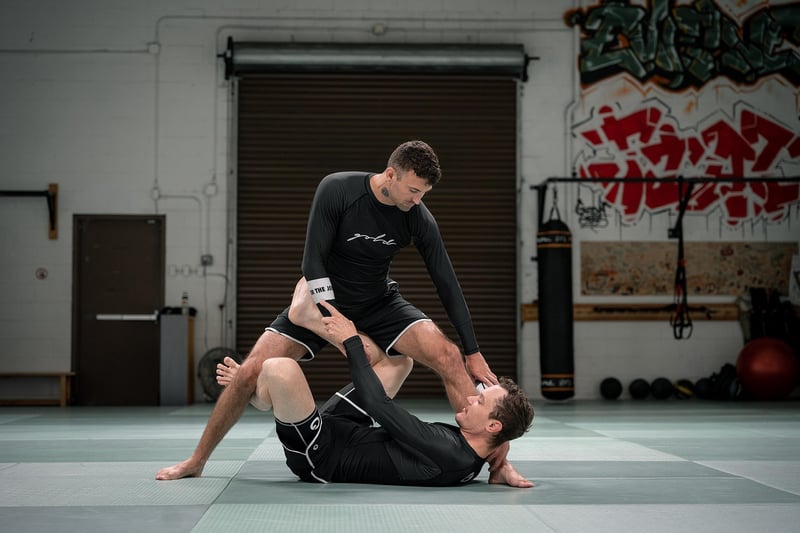Jiu-Jitsu
The Power of Discipline and Self-Defense in Jiu-Jitsu

When it comes to self-defense and discipline, few martial arts can match the effectiveness and versatility of Jiu-Jitsu. Originating from Japan and later refined in Brazil, Jiu-Jitsu emphasizes leverage, technique, and strategy over brute strength, making it suitable for individuals of all ages and sizes.
The Importance of Discipline
Discipline lies at the core of Jiu-Jitsu training. Practitioners learn to control their impulses, emotions, and reactions, both on and off the mat. The structured environment of a Jiu-Jitsu class fosters discipline by requiring students to follow etiquette, listen to the instructor, and practice techniques diligently.
Through consistent training, practitioners develop mental fortitude, focus, and self-control. These qualities not only improve their performance in Jiu-Jitsu but also transcend into other areas of their lives, such as work, relationships, and personal goals.
The Art of Self-Defense
Self-defense is a fundamental aspect of Jiu-Jitsu. Unlike striking-based martial arts, Jiu-Jitsu focuses on ground fighting and submission holds, enabling practitioners to defend themselves effectively in real-life confrontations, especially against larger or stronger opponents.
By mastering Jiu-Jitsu techniques, individuals can neutralize threats, escape dangerous situations, and protect themselves and others without resorting to unnecessary violence. The emphasis on control and restraint in Jiu-Jitsu promotes conflict resolution and de-escalation skills, essential for self-defense scenarios.
Empowering Individuals Through Jiu-Jitsu
Jiu-Jitsu not only equips individuals with practical self-defense skills but also empowers them physically, mentally, and emotionally. The challenging nature of training builds resilience, perseverance, and confidence, enabling practitioners to overcome obstacles and face adversity with courage.
Moreover, the supportive community within Jiu-Jitsu academies fosters camaraderie, respect, and teamwork. Practitioners learn to trust and rely on their training partners, creating a sense of belonging and shared growth that extends beyond the mat.
Conclusion
Discipline and self-defense are integral components of Jiu-Jitsu, shaping individuals into resilient, focused, and empowered martial artists. By embracing the principles of discipline and self-defense, practitioners not only enhance their physical abilities but also cultivate valuable life skills that benefit them both on and off the mat.
Experience the transformative power of discipline and self-defense through Jiu-Jitsu and embark on a journey of personal growth, empowerment, and mastery.
